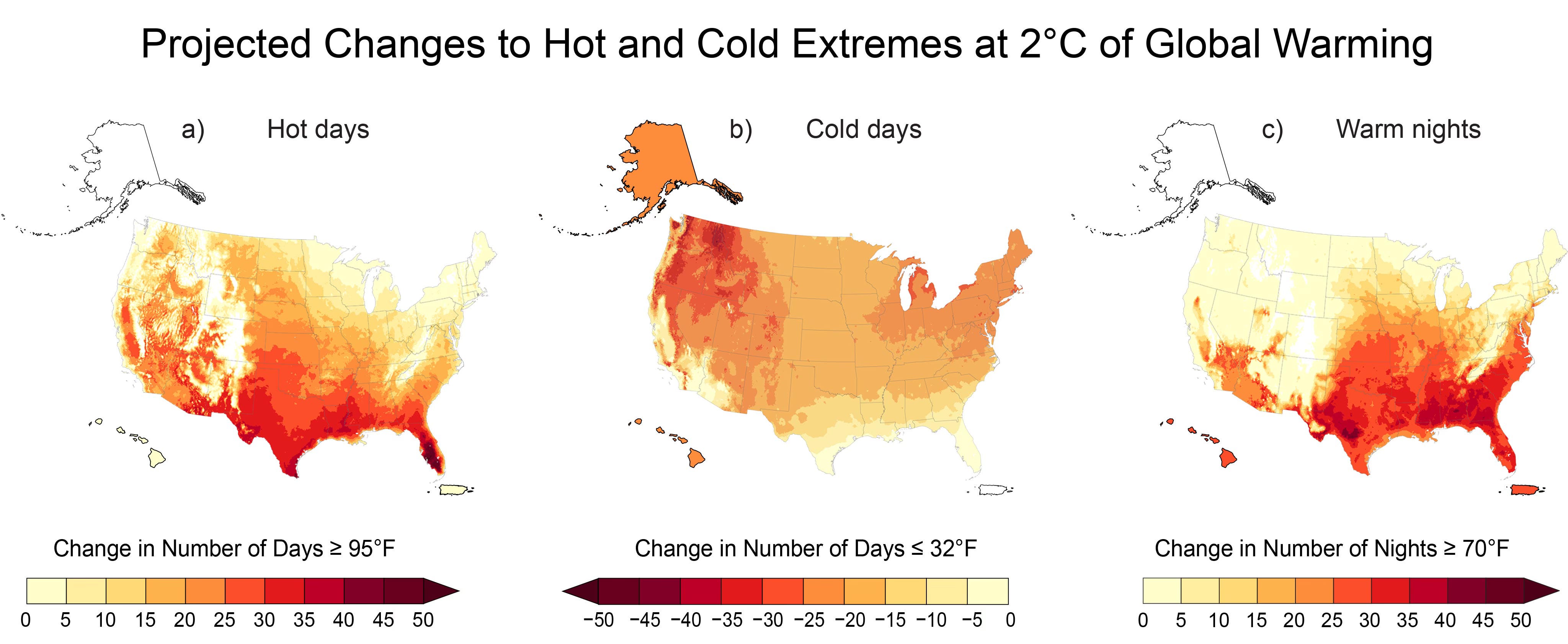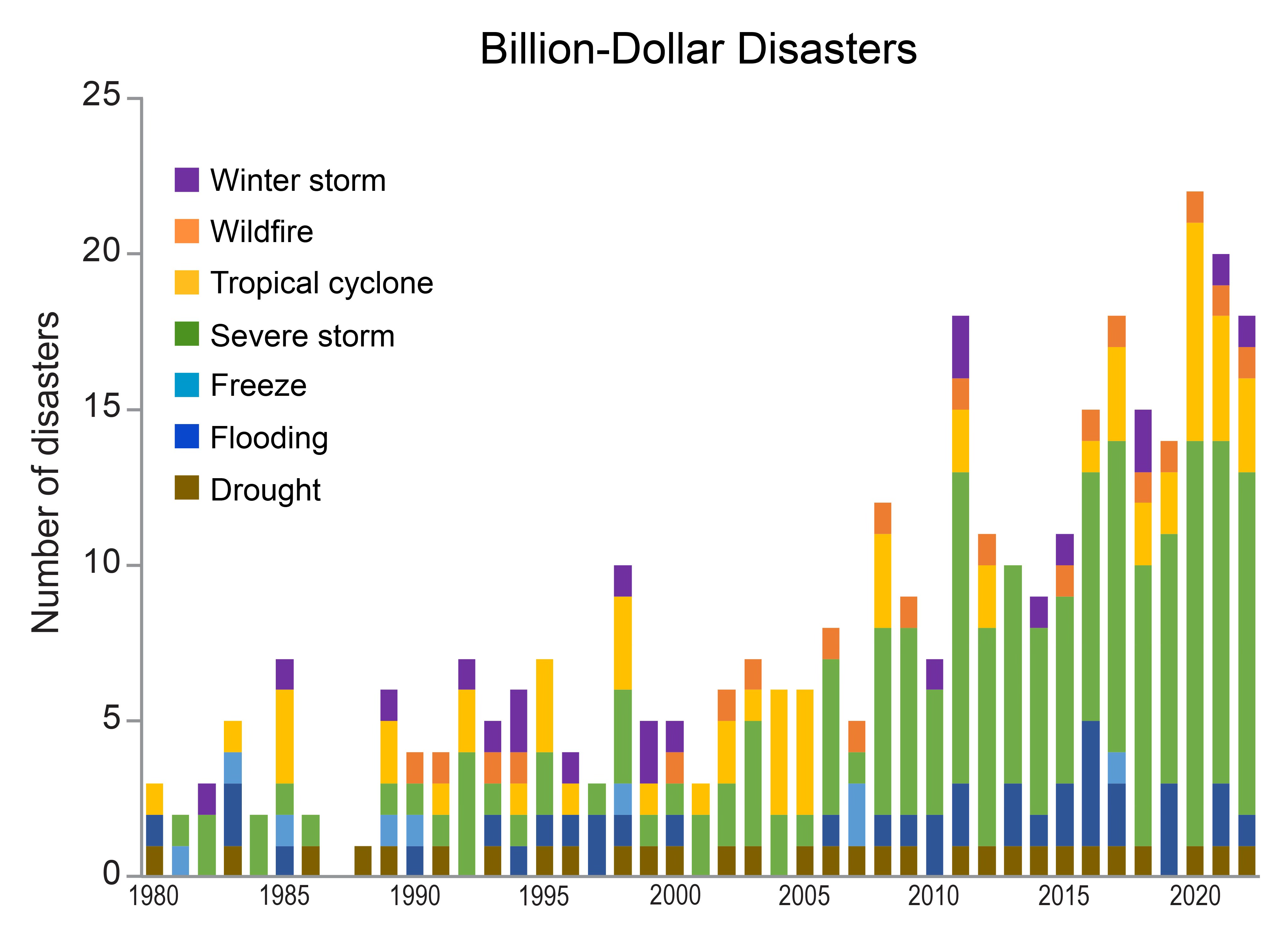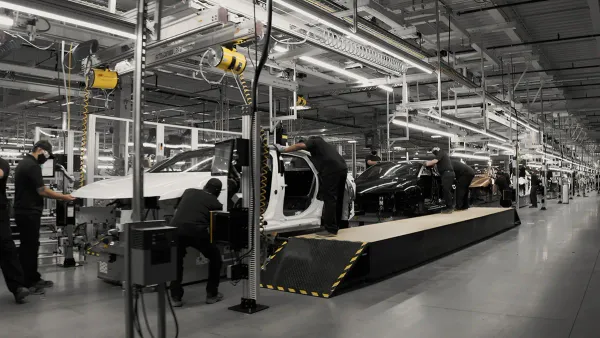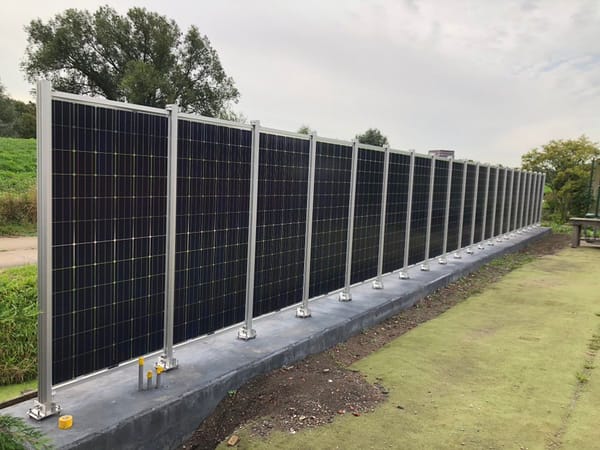The round of COP28 pre-game diplomacy influencing has begun
Good Afternoon,
The countdown to COP28 is now beginning in earnest. Since I’m taking Thanksgiving Day off next Thursday, I only have four updates before I begin reporting to you from Dubai, on November 30. As we lead up to the meeting we should expect a series of announcements with the intention of influencing the negotiations. Today, I’ll give you a rundown of what’s happened so far, and what to expect in the next two weeks.
-Mike
Overviews of leading COP28 issues
- The four major issues shaping up COP28, plus one more
- Why we’re talking about abatement instead of fossil fuel phase out
- Developing country finances are now a top climate negotiating point
- How Global Stocktake results and carbon capture will play into negotiations
- Green energy financing, where will it come from?
- Concerns surrounding the COP28 president

This last week brought a raft of important announcements intended to influence negotiators as they consider their COP28 strategies, including the long-expected Chinese methane emissions reduction plan, the U.S. National Climate Assessment, an announcement from over 60 countries of their support for tripling renewables use, and yesterday the U.N. released a new report that “national climate action plans remain insufficient to limit global temperature rise to 1.5 degrees Celsius.”
(The U.S. Climate Assessment is a big deal, BTW. It’s over 2,000 pages and published irregularly, every few years. It’s largely bad news, but is an honest assessment made by U.S. Government scientists, as opposed to some outside entity. Bloomberg Green has a good overview and I added some of the reports charts to this newsletter.)
Also announced: King Charles III will attend for the first two days of the conference at the “Donor Summit” and Pope Francis will also attend for three days of the conference’s first week.
Not announced: A U.S.-China joint agreement on climate, big country financial support for the Loss and Damage Fund, or big, new emissions goals from any country. And while some European leaders plan to attend, there are no indications that the biggest emitters, China’s leader Xi Jinping, India’s Prime Minister Narendra Modi, or U.S. President Joe Biden will attend – although that could change if some big agreement comes together at the end.
One possible last minute boost could come from this week’s Asia-Pacific Economic Cooperation Forum meeting in San Francisco. While China and the U.S. have been struggling to find some kind of agreement on economic, Taiwan, and military issues, they do have shared interests on climate, and the two sides have made numerous “friendly” sounds on the issue. It’s possible the two countries could make a major climate move together to help calm relations. But that’s still a relatively outside possibility.

What’s the politics?/Have the issues changed?
Last month I wrote a series of newsletter posts (see links at top of the newsletter) detailing what I expected to be the major issues of COP28 – so far it seems like they’re holding true.
- First, we’re looking at what should be a major fight over setting a date for fossil fuel “phase-out” versus “phase-down”.
- Second, the argument over funding the Loss and Damage fund has become an extension of the broader fight over who should be paying for developing country finances (and who counts as a developing country.
- Third, the talk about financing green energy growth in developing countries has manifested as a pledge for tripling renewable energy use.
- Finally, It seems the Global Stocktake results, and the new Nationally Determined Contributions to emissions reduction each country is supposed to make is getting pushed into a discussion about carbon capture and creating a carbon credit system. This is a growing, complicated issue that I’ll delve into a bit more on Thursday.
What’s the possible outcome?
There seems to be little expectation for major breakthroughs at COP28, as energy is going into focusing on the details of ideas launched at previous meetings, such as the Loss and Damage fund, and financing developing country green energy growth. The one pure “big idea” that’s come out of this year’s negotiations, setting a fossil fuel “phase-out”, is getting significant push back from the U.S. and petrostates like this year’s host, the UAE, so it seems unlikely to get very far in discussions.
But perhaps this is the process we should expect now: Fixing climate change is less about big ideas and more about details: Where’s the money coming from, how much are you going to do, and how are you going to work together to do it? Climate negotiations have been derided as a “pledge drive”, but since there’s no world police force, pledges are what make global diplomacy go around. It’s now a question of how big the pledges can get.
Other Things Happened
- The U.S. set an oil production record in October for 13.05 million barrels a day. About 3.6 million barrels are exported each day.
- China is building so much renewable energy capacity, it might beat its own emissions targets. Meanwhile, “China’s state-guided economy spent nearly $80 billion on clean-energy manufacturing last year,” causing a potential glut in manufacturing capacity.
- The Pacific island nation of Tuvalu, which is expected to be overrun by sea rise by 2050, signed a pact with Australia so its 12,000 citizens may relocate there.
You made it to the bottom! Here’s some intros to terrible 80’s sci-fi/fantasy shows, including my favorite NBC clunkers, Automan and Manimal. (On a separate note, how much bad drugs were the writers doing when they dreamed these up?)





